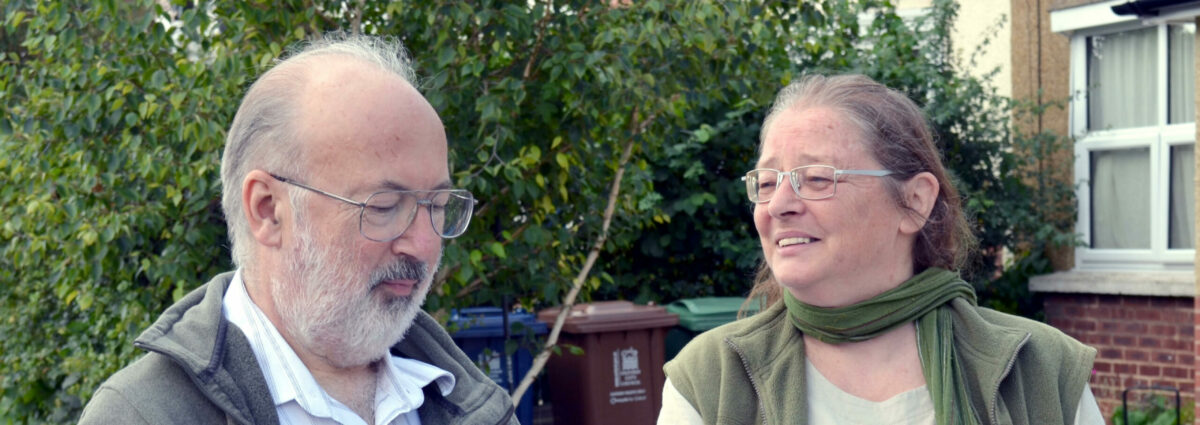What needs to be done to save Oxford from being overwhelmed by further expansion in traffic? Over a 20 year period, the following principles need to be applied. See also SAVING OXFORD FROM TRAFFIC, briefing under REPORTS on this website:
SAVING OXFORD FROM TRAFFIC: key steps needed
Walking: Walking networks to be improved within the City, and connected to improving networks outside.
Pedestrianisation: traffic congestion, air pollution, noise and greenhouse gas emissions to be cut throughout central Oxford by a large expansion of the pedestrianised area, with coloured cycle tracks.
Cycling: Cycling networks should extend throughout Oxford. Cycle tracks should be physically separated from traffic, which will mean taking more road space and parking spaces in practice, and junctions need to be made safe. Cycle tracks should be connected to improved cycle routes outside Oxford. Cargo bikes, ecargo bikes and ebikes all require at least 1.7 metre width cycle tracks. Cargo bikes for freight should be encouraged and promoted for a much larger proportion of deliveries than at present.
Traffic filters: six traffic filters as proposed should be implemented, with a minimum of exemptions; additional traffic filters for St.Clements, Abingdon Road and the Botley Road to be investigated.
Car parking: reductions in car parking within Oxford to continue indefinitely, to counter the impact of projected increasing numbers of road vehicles. Space for SUVs should be diminished by cutting the size of car parking spaces, especially in central Oxford. Differences between car parks in costs should be removed, eg the heavy use of the cheaper Westgate car park creates traffic problems which, if the parking charges do not match the City Council’s, can only be reduced by a traffic filter on the Abingdon Road.
Hiring and sharing vehicles: The City and County Councils should promote hire or sharing of vehicles as a preference to ownership.
Public Transport: The City and County should ensure better bus and train services as far as possible, and the re-opening of rail lines to reduce commuting into Oxford by car.
Taxis: Taxis should be all-electric by the earliest possible date; pedestrianised areas should not be accessible for taxi parking, with allocated bays in some locations as pick-up points at the periphery of the enlarged pedestrianised zone.
Ordering online: A virtual City website should be constructed by cooperation between the City Council and relevant businesses to encourage ordering online to reduce total traffic.
National initiatives: Oxfordshire County Council and Oxford City Council should petition the Secretary of State for Transport for an end to pavement parking in Oxford, like London; Oxford and its main approach roads should have Electronic Road Pricing to decrease avoidable journeys, again requiring support from the Secretary of State for Transport; free buses should be introduced in England for all bus services.
COWLEY AREA TRANSPORT GROUP – www.catg.org.uk
